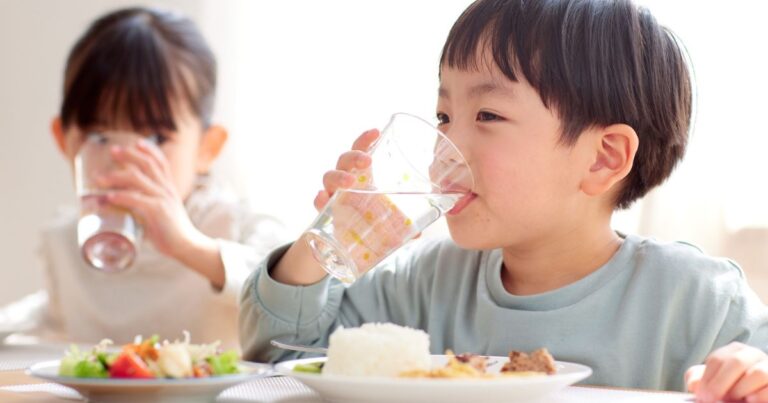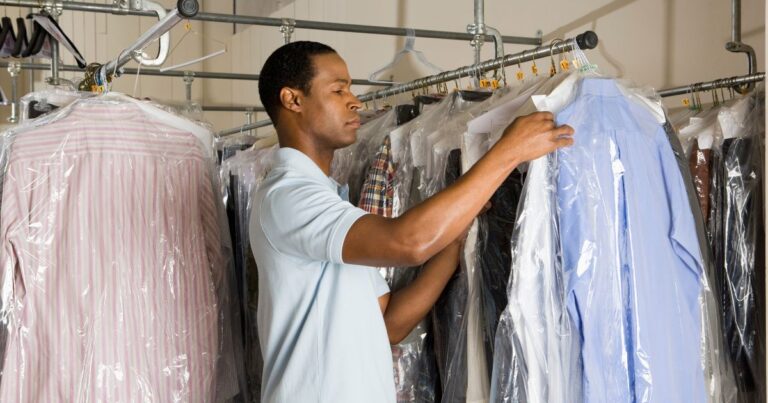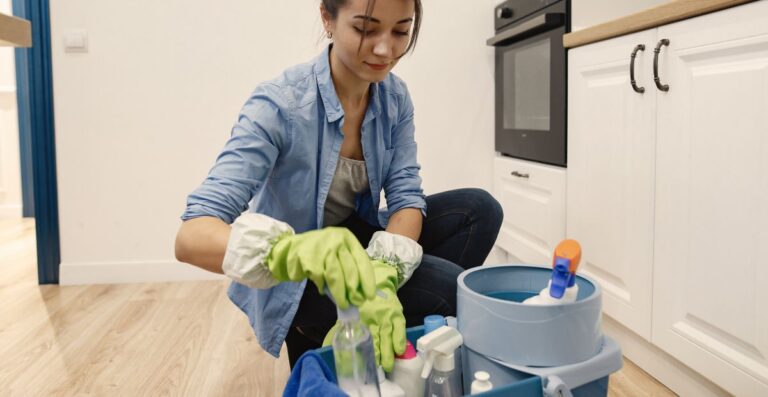Water & Wildlife
Humans and wildlife are intricately linked. Humans depend on wildlife for our health, livelihood, and enjoyment. It’s our responsibility to implement policies that protect birds, fish, and other species from toxic pollution.
For many Indigenous peoples, animals such as salmon form part of their culture and way of life. Fish and wild game are important food sources for many communities. And we feel a thrill at spotting orcas, dolphins, herons and eagles in the wild.
Unfortunately, the same chemicals that pollute people and the environment also endanger wildlife, in some cases threatening species extinction. PCBs, flame retardants, and pesticides pollute rivers, streams, oceans, and other habitats, threatening populations of birds, salmon, and orcas.
Persistent toxic chemicals like mercury, PCBs, PFAS, and pesticides also build up in fish, leading state health departments to issue advisories limiting the consumption of freshwater and marine fish.
And, it’s not just banned or well-known chemicals that harm fish and wildlife. After years of forensic work, Washington researchers identified a little-known chemical used in tires as the culprit causing death of spawning coho salmon in urban streams. They found that concentrations of a chemical called 6-PPD quinone were high enough in natural waters to kill salmon. This toxic compound comes from an ingredient in tires used to make them more durable.
Toxic-Free Future won a landmark law in Washington state called Safer Products for Washington— a leading recommendation of Washington state’s Southern Resident Orca Task Force to prevent the use and release of toxic chemicals of emerging concern to Puget Sound. This law will end the use of harmful chemicals in millions of products that threaten the health of orcas, salmon, and their prey.
We are...
- Conducting investigations and research that demonstrate how hazardous chemicals used in products and plastics are getting into salmon, orcas, and their prey
- Winning policies that protect sensitive species like birds, amphibians, salmon, and orcas
- Advocating for corporate and government policies that address hazards posed to wildlife and drive requirements for the safest options
Your gift supports our work to protect wildlife and their habitats from toxic pollution
News




